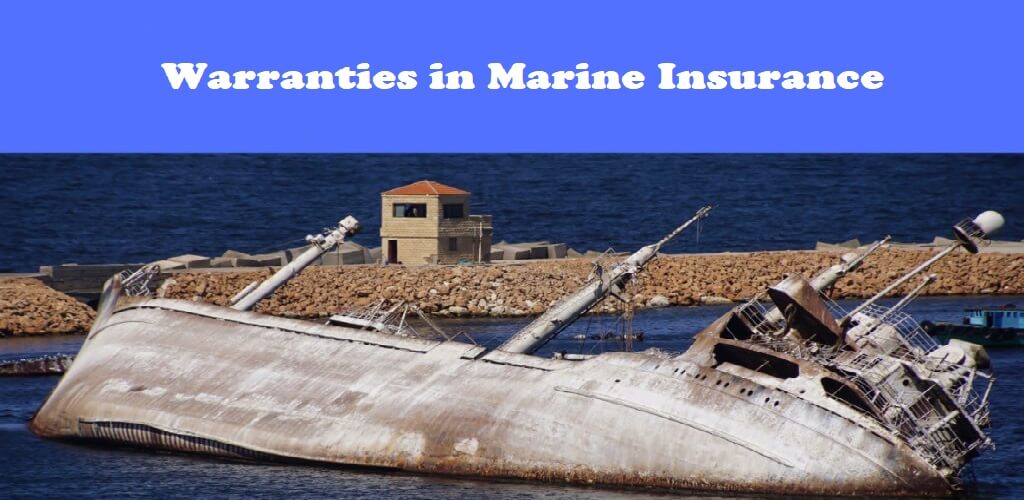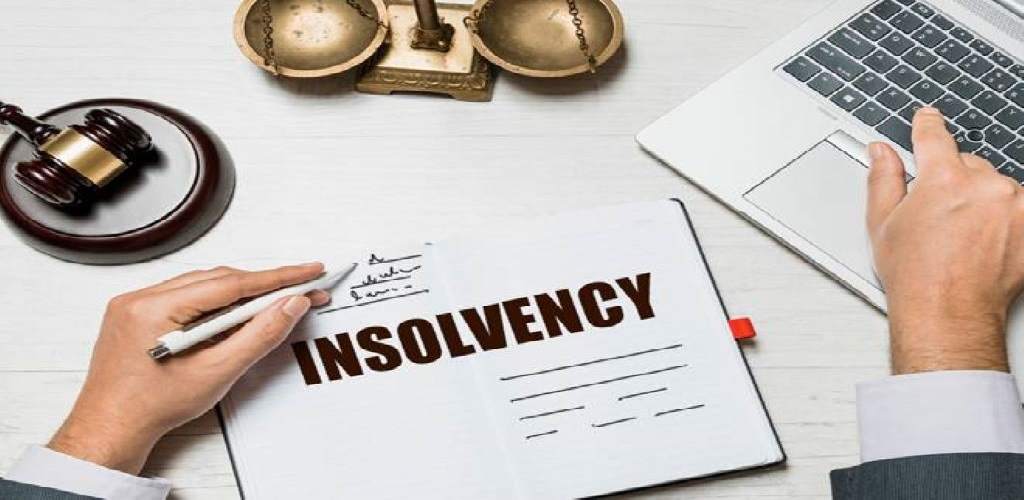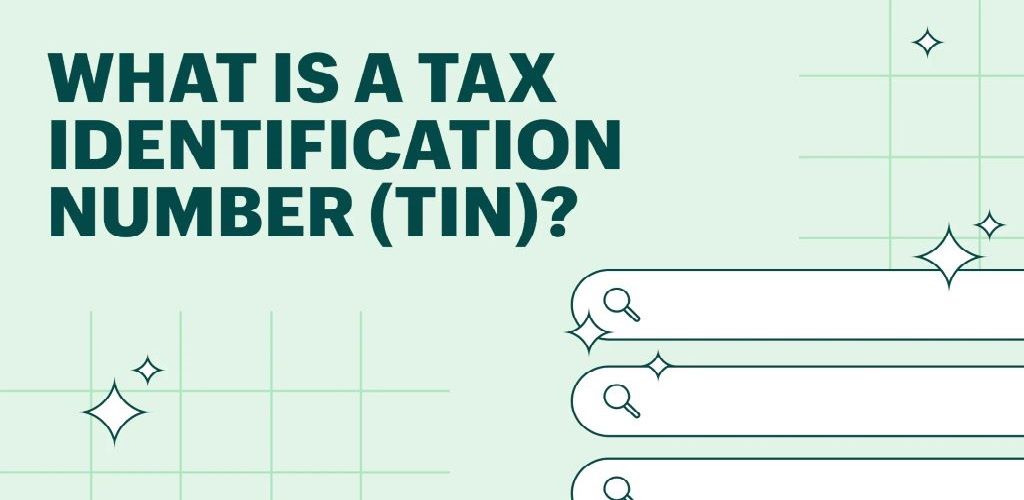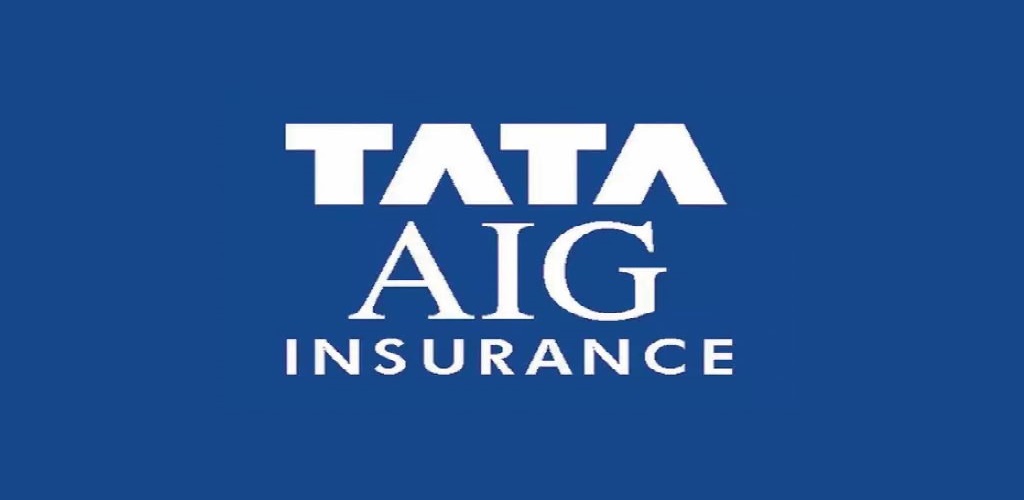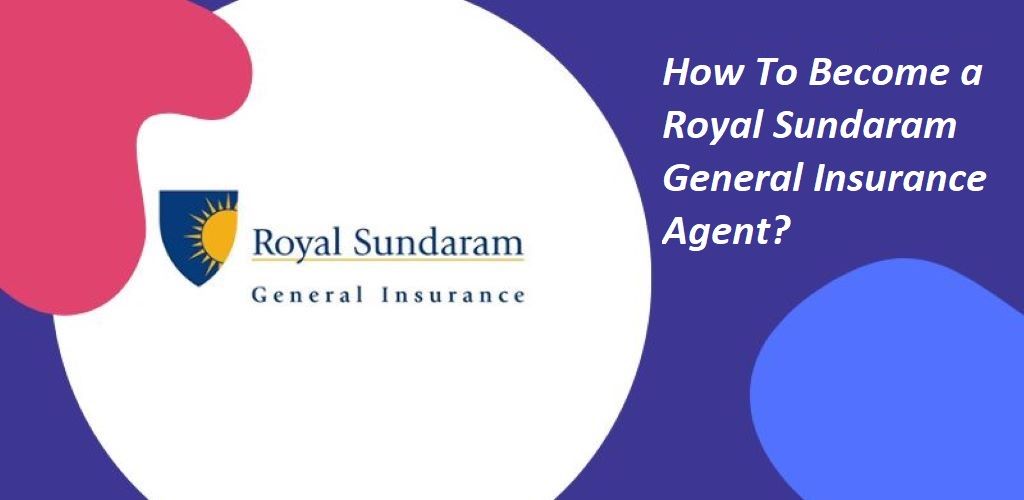Marine Insurance is incredibly important in the world of the shipping industry. It helps protect ship owners and cargo owners from different kinds of risks. One important thing in marine insurance is the idea of warranties.
Warranties in marine insurance are special promises or statements made by the person getting insured (usually the shipowner or cargo owner) to the insurance company. These warranties are not like the everyday warranties we hear about. There are specific conditions that the insured person must follow very strictly to keep their coverage.
So, when you get marine insurance, you’ve got to pay these conditions or warranties. They’re the fire print that ensures you get the protection you’ve signed up for. Keep reading to find out more about these warranties and how they work.
Why are Warranties Important in Marine Insurance?
It is no secret that warranties play an incredibly important role in marine insurance. Let’s take a look at the reasons that show the importance of marine insurance.
- Risk Prevention
One of the biggest driving factors behind the importance of marine insurance is that warranties outline essential obligations for both the insured and the insurer, such as maintaining the seaworthiness of the vessel or promptly reporting losses. When companies adhere to these rules, it will minimize risks which ultimately contribute to a safer environment.
- Legal Framework
Remember that these warranties establish the legal foundation of the marine insurance contract, clarifying the responsibilities of both parties. In case of disputes or claims, warranties provide a clear framework for resolution.
- Good Faith
Another factor that shows the importance of marine insurance is good faith. Remember that marine insurance operates on the principle of credible faith which requires honesty and transparency from both parties. Warranties ensure that accurate information is provided and agreed-upon terms are upheld which facilitates fairness in the insurance relationship.
- Compliance with Regulations
There is no denying the fact that warranties may include obligations regarding compliance with maritime laws and safety standards. It is quite important in India, where adherence to regulations is crucial for protecting lives, property, and the marine environment.
- Claim Settlement
Last but not least, warranties are essential for smooth claims settlement. Remember that failure to meet obligations could result in disputes or denial of claims. Keep in mind that clear and error-free terms facilitate the claims process and help determine coverage accurately.
How Do Marine Insurance Warranties Work?
Speaking of the function of marine insurance warranties, they work as the primary components of a marine insurance contract. They represent the insured’s commitments and assurances to the insurer regarding the operation or condition of a vessel. If the insured party fails to fulfil any of these promises, the insurer has the right to deny their claim.
Remember that Marine insurance contracts include both implied and express warranties, which must be strictly complied with. Even a minor breach of a warranty can result in the insurer refusing to honour the claim. It is crucial for the insured party to fully understand and meet the conditions and warranties outlined in their marine insurance policy. Due to this, it ensures that they will receive the necessary coverage when it comes to settling the claim.
Types of Warranties in Marine Insurance
Generally, there are two types of warranties in marine insurance. These are;
- Express Warranties
Express warranties in marine insurance are clear and specific promises or conditions that are explicitly stated within the insurance policy. These warranties play a significant role in defining the terms and conditions of the insurance contract. Here are some common inclusions under express warranties;
- Ship’s Suitability for the Intendent Journey
This warranty assures that the vessel is fit for the intended voyage. It includes the ship’s structural integrity, equipment, and overall condition. The insured must ensure that the vessel is in seaworthy condition at the commencement of the voyage.
- Usage & Purpose
Warranties may specify the purpose for which the vessel is insured and its intended use. Any deviation from the stated purpose without prior approval could constitute a breach of warranty.
- Compliance With Laws & Regulations
Policies may include warranties regarding compliance with applicable laws and regulations. It can include adherence to the prescribed operational and safety standards, navigation rules, and other legal requirements governing maritime activities.
- Qualifications of the Crew
Some policies may include warranties regarding the qualifications and competence of the crew. This ensures that the crew meets certain standards of training and experience is essential to fulfilling this warranty.
- Geographical Limits & Routes
Express warranties may specify geographical limits within which the vessel is allowed to operate or particular routes that must be followed. Deviation from these limits or routes without prior consent could result in a breach.
- Notification Warranties
Lastly, these kinds of inclusions in warranties require the insured to notify the insurer of certain events or changes within a specified timeframe. For example, the insured may be required to promptly report any changes in the vessel’s condition or modifications to the intended journey.
- Implied Warranties
Implied warranties in marine insurance are those that aren’t explicitly stated in the insurance contract but are understood to be part of the agreement. They’re like unspoken rules that both parties are expected to follow because they’re considered standard in the industry. Here are some common ones:
- Warranty of Legality
This warranty ensures that everything related to the insured activities and subject (which includes cargo or vessel) complies with the law. It means that the insured implicitly guarantees that the voyage, trade, and all related activities follow the rules and regulations.
- Warranty of Good Faith
Both the insured and the insurer are expected to act honestly and fairly throughout the insurance process. This includes providing accurate information during the application process and sticking to the terms of the policy once it’s in effect.
- Warranty of Insurable Interest
There is no denying that the insured has a financial stake in what’s being insured. In marine insurance, this means the insured would suffer a financial loss if the insured subject (like the vessel) is damaged or lost.
- Warranty of Full Disclosure
Speaking of the last inclusion of implied warranties, the insured is expected to be transparent and provide all relevant information that might affect the insurer’s decision to provide coverage. Concealing or misrepresenting important facts could violate this warranty.
Final Thoughts
So, that’s a wrap to the warranties in marine insurance that you should know! If you want to get comprehensive marine coverage then choosing the right kind of insurance is important for you!
In marine insurance, warranties are promises or guarantees made by the policyholder in the insurance agreement. There are two types of warranties: express and implied.
Express warranties are clearly stated in the insurance document, leaving no room for confusion. On the other hand, implied warranties are assumptions that are understood to be part of the agreement, even though they may not be explicitly written.
Frequently Asked Questions
Listed below are the frequently asked questions related to the warranties in marine insurance.
Breaking a promise (warranty) in marine insurance can be serious. If you do, the insurance company isn’t responsible anymore, and you might not get help covering your losses.
Conditions are really important rules in the insurance policy, but warranties are not as critical. Breaking a condition makes the policy useless, but breaking a warranty just means the insurance company won’t pay for losses caused by the broken promise.
Warranties are a big part of the marine insurance deal. If you break one, the insurance company doesn’t have to help you from the time you break it, even if your loss isn’t related to the broken promise.
Yes, in marine insurance, warranties are like strict rules. You have to follow them perfectly, with no exceptions, unlike regular contract terms.
A warranty of neutrality means promising that your insured ship won’t do anything unfriendly towards any country or power. It’s important for keeping peace and safety at sea.

